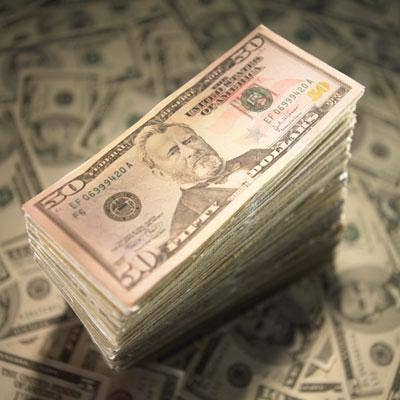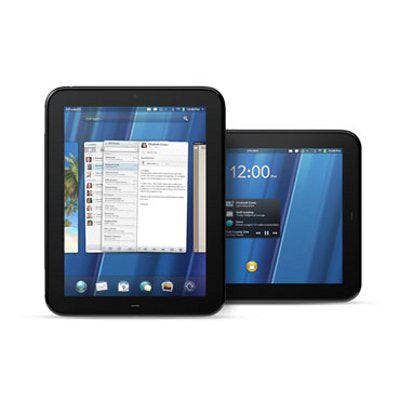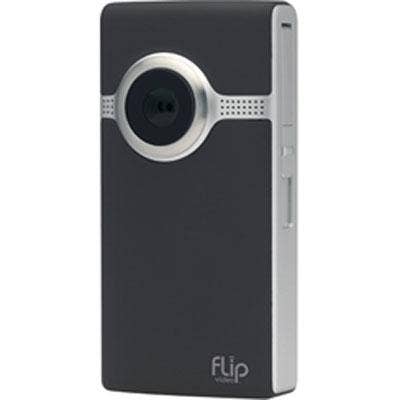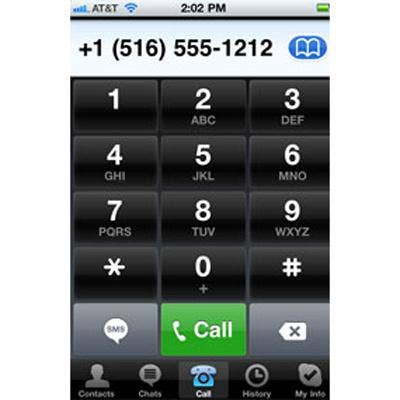6 Terrible Tech Acquisitions

Let's NOT Make A Deal
Historically, technology acquisitions have had a high degree of difficulty. And while some acquisitions and mergers in the IT industry have been pulled off successfully, many others have crashed and burned. Here's a look at six recent IT acquisitions that were more trouble than they were worth.

HP-Autonomy
It's only been a year, but it's hard to categorize this deal as anything but a complete train wreck. The price tag for Autonomy –- a whopping $10.3 billion -- was widely criticized at the time by both media and analysts as well as competitors like Oracle's Larry Ellison (pictured). But the wheels came off in a big way this week as HP took an $8.8 billion charge for the software company and claimed Autonomy's management used "accounting improprieties" to inflate the company's value. To top it all off, HP has sent the case to the U.S. Securities and Exchange Commission's Enforcement Division, which could lead to a civil and criminal investigation. If that's not one of the worst scenarios for an acquisition, we're not sure what is.

Microsoft-aQuantive
Speaking of big write-downs related to acquisitions, Microsoft's deal for aQuantive cost the software giant $6.3 billion in 2007, which at the time was the biggest acquisition in Microsoft's storied history. But the digital marketing company never meshed with Microsoft's grand plans for online advertising dominance. By 2011 Microsoft had chalked up aQuantive as a big part of a $6.2 billion write-down, which coincided with Microsoft reporting its first-ever quarterly loss as a public company.

HP-Palm
HP doled out $1.2 billion for Palm in 2010 and made it the centerpiece for its mobile device push. But after the rocky tenure of former CEO Leo Apotheker, HP suddenly decided to kill the WebOS-powered TouchPad tablet (pictured) just six weeks after its launch and stopped all WebOS device production. To make matters worse, HP later decided to turn Palm's software platform into an open-source project while spinning off the WebOS business unit as a new company, oddly named 'Gram.' Two years after HP made its big mobile bet with Palm, the company has little to show for it.

Cisco-Pure Digital
Many thought it was strange for Cisco to push into the consumer electronics space with the 2009 purchase of Pure Digital, maker of the popular Flip Video camcorders (pictured). And two years later, those concerns were validated when Cisco announced amid a major corporate restructuring that it would close its Flip business. While the $590 million Cisco paid for Pure Digital wasn't a huge sum, the Flip camera acquisition became a symbol of the networking giant's recent struggles and lack of direction.

eBay-Skype
In 2005, eBay bought Skype Technologies for $3.3 billion, but the VoIP service company never seemed like a good fit for the online auction powerhouse. To make matters worse, eBay failed to include the rights to Skype's source code in the acquisition, which led to a costly legal battle with Skype's co-founders. By 2009 eBay was looking to dump Skype, and it eventually sold its majority stake in the company to private equity firm Silver Lake for $1.9 billion. While eBay did make back some of the money it spent on Skype when Microsoft acquired the VoIP company for an incredible $8.5 billion last year, it didn't make up for the full amount -- or the headaches.

HP-EDS
HP made its big IT services move in 2008 with a $13.9 billion deal for EDS, which HP hoped would help it compete better against the behemoth IBM Global Services. But, that didn't really happen, as EDS' integration proved more problematic than HP had anticipated. Earlier this year, HP took an $8 billion charge related to EDS, renamed HP Enterprise Services, which led to speculation about the future of the business unit and reports that HP is exploring a potential sale of EDS.